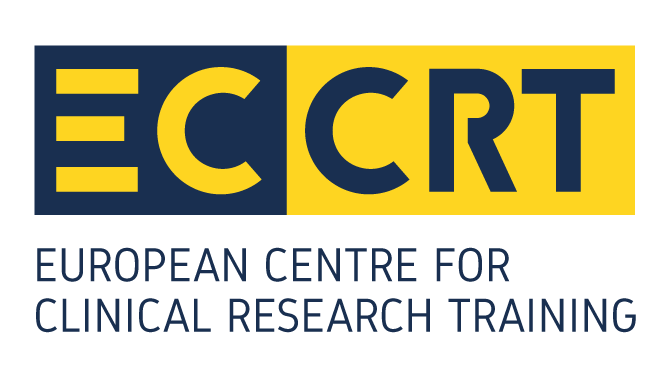Engaging patients in the development of informed consent forms
Book a session
| Date | Product | Location | Price | |
|---|---|---|---|---|
| No sessions are planned at this time, however if you are interested in taking this course click here | ||||
| If you would like to have this course as an in-house session click here | ||||

About this course
Reasons to attend
ECCRT and EUPATI have collaborated to create this course on the importance of patient engagement in the development and use of informed consent forms in clinical trials and other clinical research.Informed consent forms is a critical component of clinical research. It's essential that patients understand the potential benefits and risks of participating in a study before they agree to take part. However, informed consent forms can be lengthy and complex, making it difficult for patients to fully understand what they're signing up for. That's why it's crucial to engage patients in the development of informed consent forms. This course will teach you how to involve patients in the informed consent process, so they can provide valuable feedback on the language, format, and content of consent forms. You'll learn how to create consent forms that are clear, concise, and easy to understand for patients of all backgrounds.What's included?
- Documents and materials related to this course are included
- Globally recognised certificates awarded after test completion
Course schedule
We provide this course in two distinct formats: Classroom OR OnlineClassroom: 1-Day face-to-face: 09:00 - 17:00 | Online: 2 webinar sessions of 3hours |
Course Description
One of the critical ethical considerations in clinical research is obtaining informed consent from participants, which involves providing them with all the necessary information about the study, its risks and benefits, and their rights and responsibilities. Developing clear and concise informed consent forms (ICFs) that effectively communicate the study information to participants is a challenging task. In many cases, ICFs are lengthy, complex, and difficult to understand, which can lead to participant confusion and lower recruitment and retention rates. Therefore, involving patients in the development of ICFs can improve their clarity, readability, and relevance to participant needs and preferences. This course is designed to equip clinical researchers, research coordinators, and patient advocates with the knowledge and skills to engage patients in the development of ICFs. The course will cover the following topics:- Legal aspects of the informed consent form
- The importance of patient involvement in ICF development
- The principles of patient-centeredness and health literacy in ICF development
- Methods for engaging patients in ICF development
- Techniques for incorporating patient feedback into ICF revisions
- The differences between Paper vs. Digital ICF
- Cases from daily practice
Programme highlight
- Overview of the informed consent process and regulatory requirements for ICFs
- Importance of patient engagement in clinical research and the benefits of involving patients in ICF development
- Principles of patient-centeredness and health literacy in ICF development
- Methods for engaging patients in ICF development, including focus groups, interviews, and surveys
- Techniques for incorporating patient feedback into ICF revisions
- Highlighting the differences between paper vs digital ICFs and diving into eConsent and all the benefits and downsides
Learning objectives
- Understand the regulatory requirements for informed consent in clinical research
- Explain the importance of involving patients in the development of ICFs
- Apply patient-centred and health literacy principles to the development of ICFs
- Employ effective methods for engaging patients in ICF development, such as focus groups, interviews, and surveys
- Utilize techniques for incorporating patient feedback into ICF revisions
- Enhance the ethical conduct of clinical research through patient engagement and improved ICFs.
Who should attend
Anyone interested in clinical trials and how the patient is involved, or anyone working in clinical trials and interested in patients and the development of consent forms.
Competencies
This course covers competencies that are part of the ECCRT Competency Framework
- Scientific Concepts & Research Design
- Ethical & Participants Safety Considerations
- Investigational Product Development and Regulation
- Clinical Studies Operations (GCPs or ISO 14155)
- Study and Site Management
- Data Management and Informatics
- Leadership and Professionalism
- Communication
- Teamwork
- Business acumen


No testimonial yet